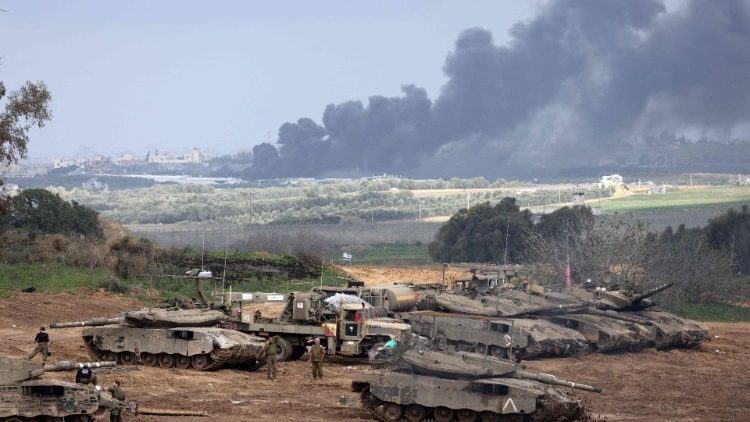Israel has been engaged in a war against Hamas, Gaza’s ruling group, since 7 October, when hundreds of Hamas operatives invaded Israel, slaughtering 1,300 people – mostly civilians – and kidnapping some 240 as hostages.
Israel began bombarding Gaza soon after, followed by a ground incursion. Despite this, Israel’s Prime Minister Benjamin Netanyahu insisted his country was not seeking to capture, occupy, or control the Gaza Strip after the war ends.
However, the cost to human life and regional stability has been devastating. As of Saturday, the Hamas-controlled health ministry in Gaza claims more than 23,300 people have been killed in the conflict.
It was these high casualty figures that prompted South Africa to declare that Israel was committing genocide against the Palestinians and bring a case to the International Court of Justice.
In recent days, the spillover from Gaza has reached Yemen and the Red Sea, where Houthi rebels have conducted a series of dangerous attacks against commercial shipping. The Houthis insist their actions are in response to Israel’s war against Hamas.
Over the last 48 hours, Britain and the United States have struck Houthi positions to reduce their ability to continue with attacks on shipping.
And compounding matters, almost immediately after the Hamas attack on Israel in October, Iranian-backed Hezbollah fighters in neighbouring Lebanon commenced striking Israel, triggering Israeli retaliatory attacks.






